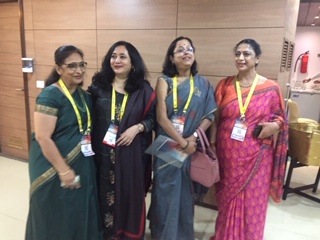New Delhi, November 07, 2023: Ms Lily Pandeya, Joint Secretary, Ministry of Culture, Govt of India today emphasized that the cultural and creative industries face distinct challenges and foremost among these is the lack of universally accepted definition and the informality of the sector. “This in turn hampers accurate data collection hence impacting the evidence-based policy making. Without concrete data, it is not possible to gauge the true impact, frame effective policies and judiciously allocate resources,” she added.
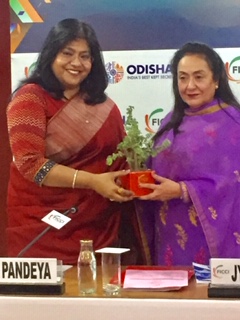
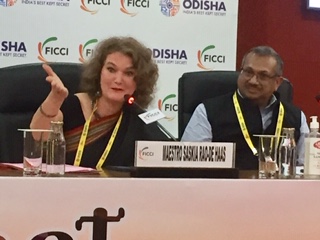
Addressing the 2nd edition of ‘FICCI Virasat – Mapping Creativity’, Ms Pandeya further urged that there is a need to define this sector categorically and methodologically. “It is the need of the hour to identify this in which the growth of the sector can be enhanced by tapping the potential across demographic strata. Presently the informal economy constitutes 60 per cent of worldwide creative industry. This adversely impacts the status of cultural practitioners and has far reaching consequences for the broader economy as the contributions of the sector are undervalued,” she stated.

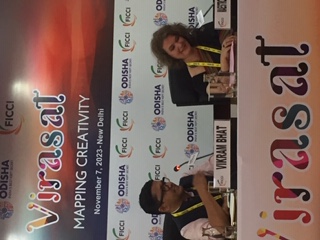
“As a way forward, India can continue to aspire the world by introducing culture satellite accounting system to ensure sector’s value is not limited to statistics or entertainment but is rightly acknowledged as a catalyst for job creation, innovation, and socio-economic resilience,” Ms Pandeya highlighted.
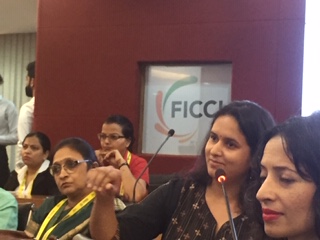

She further stated that as we move forward in the direction of mapping and measuring, it is essential to take into consideration the increased economic and social investment in culture sector for higher dividends; improving internationally comparable statistics and evidence; culture integration in a range of policies to create level playing field for culture professionals along with building a capacity of national and local governments to interforce culture in the overall development strategies in line with the sustainable development goals (SDGs).


Speaking on the successful India’s G20 Presidency, Ms Pandeya stated that the G20 New Delhi Leaders Declaration (NDLD) under the theme of preparing for the future of work, reinforces the commitment to cultural heritage by acknowledging its associated economic and societal value. “India’s G20 Presidency has setup a remarkable precedent for cultural diplomacy and co-operation, emphasizing the transformative power of culture in shaping a more inclusive world,” she highlighted.

Mr Sanjoy Roy, Co-Chair, FICCI Tourism & Culture Committee and Managing Director, Teamwork Arts said that the unique aspect of India’s G20 Presidency was that each conference was held in a different location. This allowed visitors and guests from all over the world to experience India’s diverse culture, heritage, traditions, food, textiles, and visual arts.
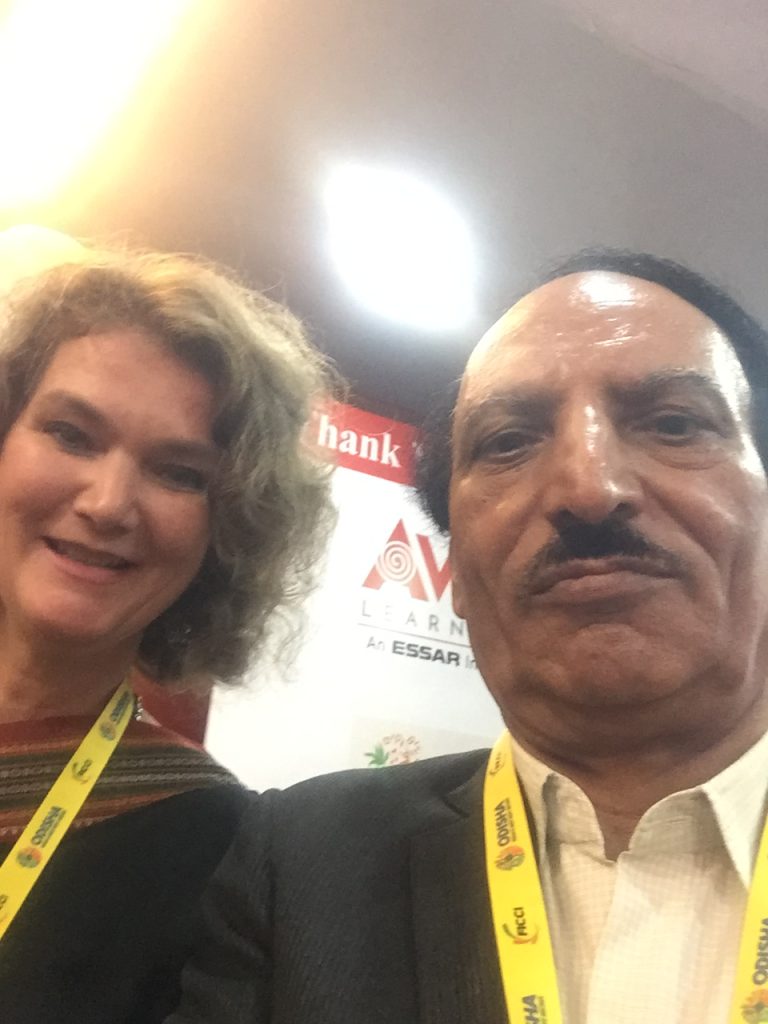
Dr Jyotsna Suri, Past President, FICCI & CMD, The Lalit Suri Hospitality Group delivered the welcome address.
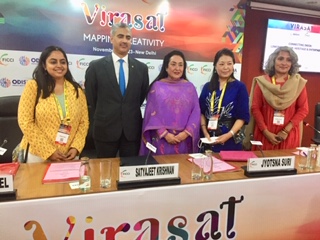
During the event, the ‘G20 Cultural Tracker Symposiums Report’ was launched and Ms Sadhana Rao, Co-Founder, Art Links Learning and Member, FICCI Tourism & Culture Committee and Mr Asad Lalljee, SVP, Essar Group; CEO, Avid Learning; Curator, Royal Opera House, Mumbai & Member, FICCI Tourism & Culture Committee shared the findings of the G20 Cultural Tracker.
